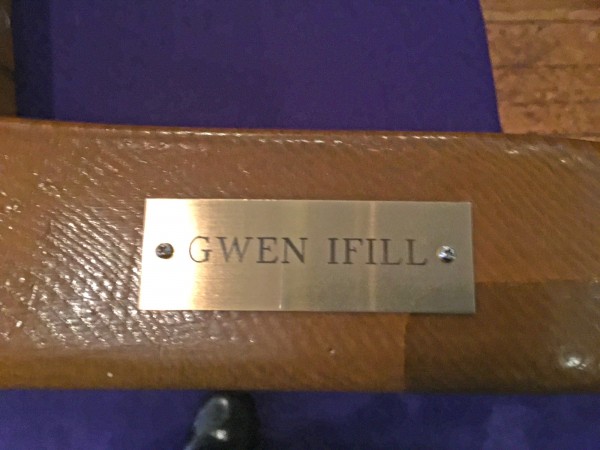This week marked the fiftieth anniversary of Martin Luther King's "Letter from a Birmingham City Jail." This letter is now a classic document in American history and compelling testimony to the power of nonviolence and the struggle for equality. The start of last week was also marred by the horrific events at the Boston marathon. At first glance, it may seem there is very little to connect the two: what does a document dealing with civil rights have to do with a terrorist bombing?
We ought to remember that, for decades, African Americans lived under constant threat of terrorist violence at the hands of white supremacist groups such as the KKK. Those that were not victims of physical lynchings often had to live with the psychological scars of being treated as second-class citizens. Few people could understand, King wrote, how heartbreaking it is to explain to one's own children why they can't attend an amusement park because of segregation, or to try to come up with an answer to the question "Daddy, why do white people treat colored people so mean?" that will not somehow harden that child's heart forever.
In his letter, Dr. King tries to remind moderate white Americans who were concerned about marches and rallies getting out of hand that, in staging demonstrations around the country, civil rights activists were not trying to stir up trouble. Instead, they were trying to deal with the trouble that already existed in the United States and was overlooked by most people. In using nonviolent civil disobedience, the activists were not attempting to create tension, but to find a way to give expression to the anger and "hidden tension" that boiled underneath the thin layer of normalcy generated by racist segregation. He called upon people to deal with the underlying causes of violence and not traffic in "a superficial kind of social analysis that deals merely with effects."
Toward the end of his life, King taught us that our world is rife with various injustices—racism, militarism, poverty, and a culture of competitive materialism—that damage the flourishing of millions of people around the world and are the causes for much misery and anger. For many of those suffering those conditions, violence seems to be the only way to give voice to their frustrations. King did not mean to justify the use of violence, but only to explain why so many people in despair might be tempted to pick up the gun or the bomb.
Some of the first responders in Boston commented that the scene at the finish line looked like a war-zone. Media commentators pointed out that on the same day that the marathon bombings occurred there were several terrible explosions in Iraq and Afghanistan. Such observations ought not to diminish the pain and suffering of the victims in Boston, but to remind us, as King did in his letter, that there is but a thin veneer of civilization over a world plagued with misery. The task of people of good conscience, King would counsel, is not to dismiss the perpetrators of violence by pathologizing them as "crazy," but to take a good, hard look at how the world's institutions are structured to reward war and aggression. Terrorists ought to be brought to account and victims deserve compassion; but justice means more than punishment. It also means we have to consider how to think about building a world in which "in some not too distant tomorrow the radiant stars of love and brotherhood will shine."
Jose-Antonio Orosco is Associate Professor of Philosophy and the director of the Peace Studies program at Oregon State University in Corvallis, Oregon.
- Home
- News
- Opinion
- Entertainment
- Classified
- About Us
 MLK Breakfast
MLK Breakfast- Community
- Foundation
- Obituaries
- Donate
04-19-2024 7:14 am • PDX and SEA Weather






















































































































































































































































































































